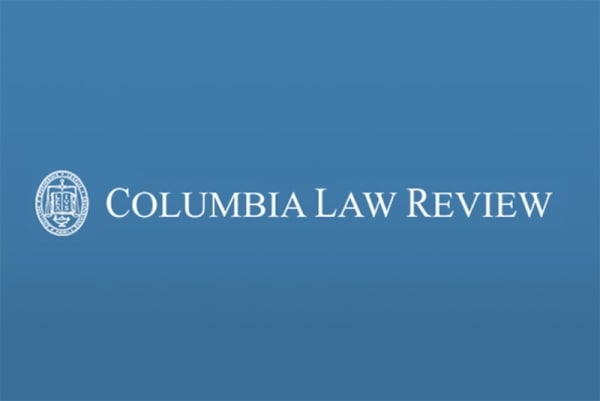Law review editors play a crucial role in shaping legal scholarship by selecting articles for publication and editing them for publication. However, the question of whether law review editors have academic freedom is a complex one that has sparked debate among legal scholars.
Academic freedom is a fundamental principle in academia that ensures scholars have the right to pursue and disseminate knowledge without interference or censorship. It allows scholars to question established norms, challenge prevailing theories, and explore controversial topics without fear of retribution. However, the extent to which academic freedom applies to law review editors is less clear.
On one hand, law review editors have the responsibility to uphold the credibility and integrity of their publication by selecting articles that meet rigorous standards of scholarship. This may involve rejecting articles that do not meet these standards or that are deemed to be inaccurate, misleading, or unethical. In this sense, law review editors have a duty to exercise editorial judgment in selecting articles for publication, which may involve limiting academic freedom to some extent.
On the other hand, some argue that law review editors should have the same academic freedom as other scholars, as they play a critical role in shaping legal scholarship. This includes the right to select articles that challenge established norms, present controversial ideas, or explore new areas of research. Limiting the academic freedom of law review editors may stifle innovation and diversity in legal scholarship, potentially hindering the development of the law.
Ultimately, the question of whether law review editors have academic freedom is a complex one that does not have a clear-cut answer. While law review editors have a duty to uphold the credibility and integrity of their publication, they should also have the freedom to select articles that push the boundaries of legal scholarship and challenge prevailing norms. Striking a balance between these competing interests is essential to ensure the continued vitality and relevance of legal scholarship.



